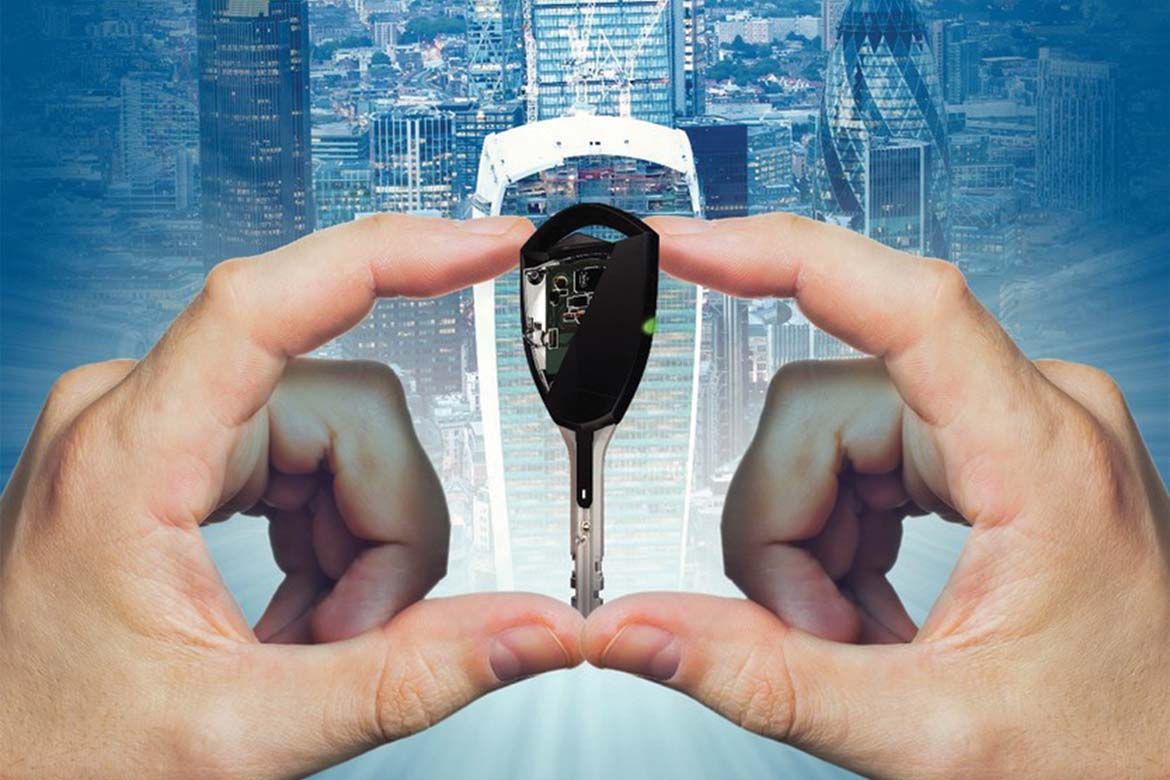Breaking technology barriers
We often hear the phrase ‘time is money’, meaning people are not measured on age, success or wealth, but in the hours, minutes and seconds they have to offer. When you consider the fast paced world we live in, it’s not surprising that many think the most precious currency is time – and if your time is limited, your value is decreased.
What would you do with an extra minute each day? Imagine for a minute – if you can spare one – that we were able to measure the value of those units of time. Would a second taken from a busy CEO be as valuable a resource to an elderly man or woman satisfied that they have achieved all they need to?
The value of time
Would an extra month in each of the difficult last 10 years have been enough to save some of the brands we used to love? Would an extra week in that pressured final quarter help you reach those goals you set out 12 months previously?
We are looking to break barriers to success and we have a big one in mind – time. One sector is constantly reported to be particularly time stretched, although a big focus is placed upon the efficiency of staff: that’s the healthcare sector.
We often see news stories of an NHS stretched to its limits, and two areas that come under scrutiny are the efficiency of nurses and how their time is being spent, along with the effectiveness of the medicine management systems they utilise. However, the latest security technology is revolutionising the way nurses work and how medicines are distributed to patients.
Time-saving tech
Web-based management systems are offering a solution for busy nursing staff – they provide users with an electronic key, cut to the same code as their mechanical ones but with the addition of time-based access rights and flexible opening permissions.
These systems now allow for the remote management of disparate or large electronic master-keyed sites at any time, with comprehensive audit trails on locks and padlocks and the ability to invalidate lost or stolen keys, assuring tight key management at all times.
The latest systems also take advantage of highly encrypted wireless technology, enabling users to update keys wirelessly with a smartphone.
The inception of such devices started with the idea that being able to deactivate lost or stolen controlled drug keys may be of benefit to those responsible for security within the healthcare sector. An additional benefit was that this not only gave them an enhancement to their security but a significant efficiency measured in time.
Reducing risk
Traditionally, nurses have been at risk of losing a mechanical medicine cupboard key. This would mean a new mechanical suite of locks would have to be introduced in order to gain back security – at an unwelcome cost.
To mitigate such risk, nurses can now use one key per ward – so that only one set of keys exists and therefore one point of risk. In the past, this was a pipe dream for ward sisters or pharmacy technicians eager to improve our ever-demanding healthcare service.
But this system is now a reality, providing a way for each staff member to have their own key, to access their assets when and where they need. Now thousands of these keys and cylinders have been issued to the UK healthcare market.
In fact, the BBC reported a time saving equivalent to 24 nursing shifts every day across three early adopters of the solution. It was found that nurses would spend an average of 40 minutes per shift looking for keys, this equated to 250 minutes lost on a ward every day. Over a year the lost time would be the equivalent of having an extra 24 nurses on duty every day across a Trust.
So how do you manage access to remote assets, sites or those other difficult but necessary security situations? Do you still believe you should place your trust in a purely mechanical solution?
If you do, then I urge you to consider how much time is spent collecting, storing, searching for, replacing and ultimately worrying about where those keys are, what they are for and what you would do in the unthinkable scenario that they fell into the wrong hands.
Pip Courcoux
Sales and Product Manager – CLIQ® Systems at Abloy UK


